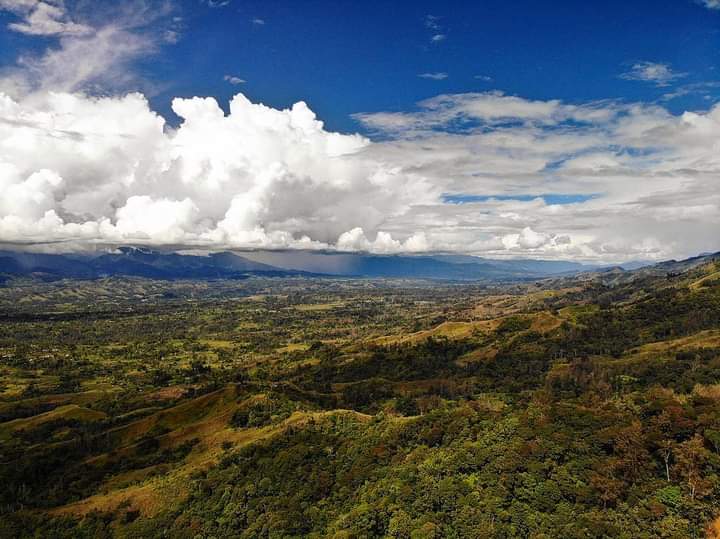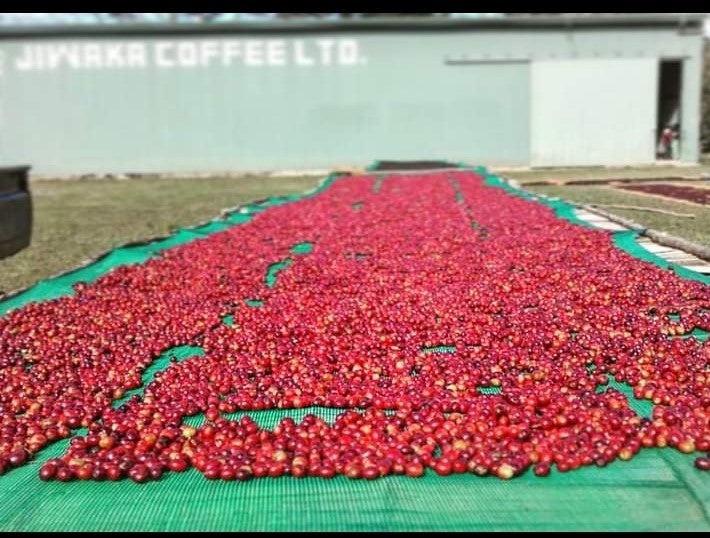About This Coffee
Jiwaka Coffee Limited supports farmers as they produce coffees in environmentally sustainable ways and helps them access markets for their coffee. Smallholders in Kudjib, Jiwaka cultivate coffee using the knowledge and practices they’ve inherited from their parents and grandparents, as well as using new ideas of their own.
Many producers in PNG face difficulties getting their coffees to market. Jiwaka makes this easier by setting up collection sites in the villages where they work. This makes it easier for farmers to deliver coffee and receive fair prices for their coffees.
Cultivation
Most coffee trees are planted on sloped terrace gardens and are intercropped with native plants, including in harmony with the diverse forests that blanket the surrounding mountains.
Harvest & Post-Harvest
Coffee is selectively handpicked and delivered to the village collection station. Jiwaka purchases ripe, red cherry and processes it to ensure uniform and high-quality results. Cherry is laid to dry on thick, moisture-proof tarps made from GrainPro bags. Cherry is raked frequently to ensure even drying. It takes approximately 14 days for cherry to dry. Coffee is rested in bags and then transported to the dry mill for processing.
Coffee in Papua New Guinea
Papua New Guinea (PNG) is a relative newcomer to the specialty coffee scene. The remote locations of the nation’s smallholders—who produce 85% of total coffee in the country—combined with historically-poor infrastructure has made the transition to specialty difficult. Nonetheless, the country is working towards innovative solutions that will hopefully lead to better quality coffee and improved livelihoods for the nation’s smallholder coffee producers.

